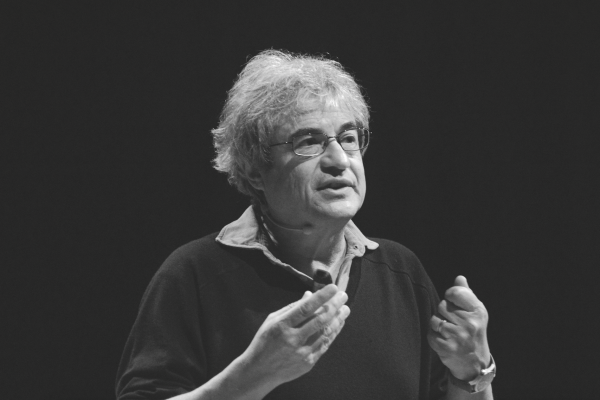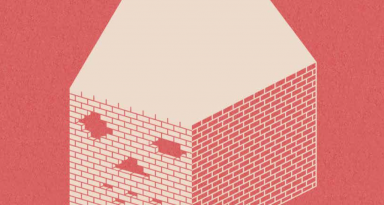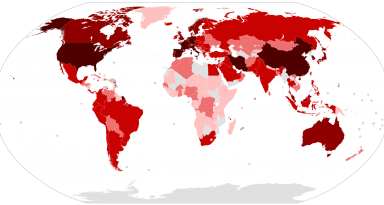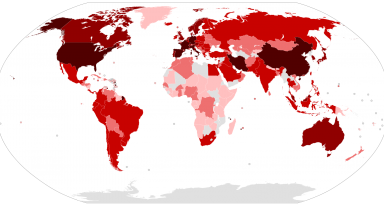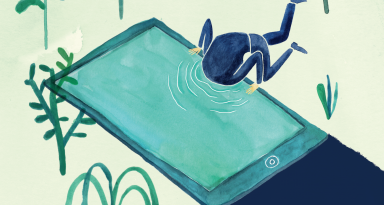I doubt I'm the only one experiencing a stretching of time - each day feels like a week; each week like several months. "Reality is often very different from what it seems," writes professor of physics Carlo Rovelli in The Order of Time. "The Earth appears to be flat but is in fact spherical. The Sun seems to revolve in the sky when it is really we who are spinning. Neither is time what it seems to be." [You can read an interview I did with him for the Time edition here.]
Rovelli goes on to explain that time passes faster in the mountains than it does at sea level, and not just for clocks. All processes are slower, including ageing: the lower down you are, the less time there is. It may be a poetic way to explain this current sense that time has slowed - we have been knocked off our mountain and find ourselves scrambling around on the ground. But perhaps it is simpler than this. "Frightening events are associated with richer and denser memories," says David Eagleman, a neuroscientist at Baylor College of Medicine. "And the more memory you have of an event, the longer you believe it took."
There is little doubt that this event will be seared into our memories for the rest of our lives. Time, formerly the most-used noun in English, will have several competitors for that title, and will surely be topped by both "coronavirus" and "COVID-19" in 2020. "Self-isolation", "lockdown", and "death" may not be far behind.
But should we really be surprised that life has changed so suddenly? Philosopher and New Philosopher's editor-at-large Nigel Warburton wrote on unexpected change in the Change edition last year: "There is little that we can do to prepare for unexpected change – you can’t prepare for something you can’t foresee. I suppose the best we can do is to recognise that such change has happened when it does, and change ourselves quickly if we want to have a chance of staying afloat."
Despite the unforeseen change in circumstances for us all; despite the pain, the difficulties, the fear, the stress, the social problems and financial ruin we must persist. We must change ourselves quickly - both as individuals and as a society - if we want to stay afloat.
Zan Boag, Editor, New Philosopher
